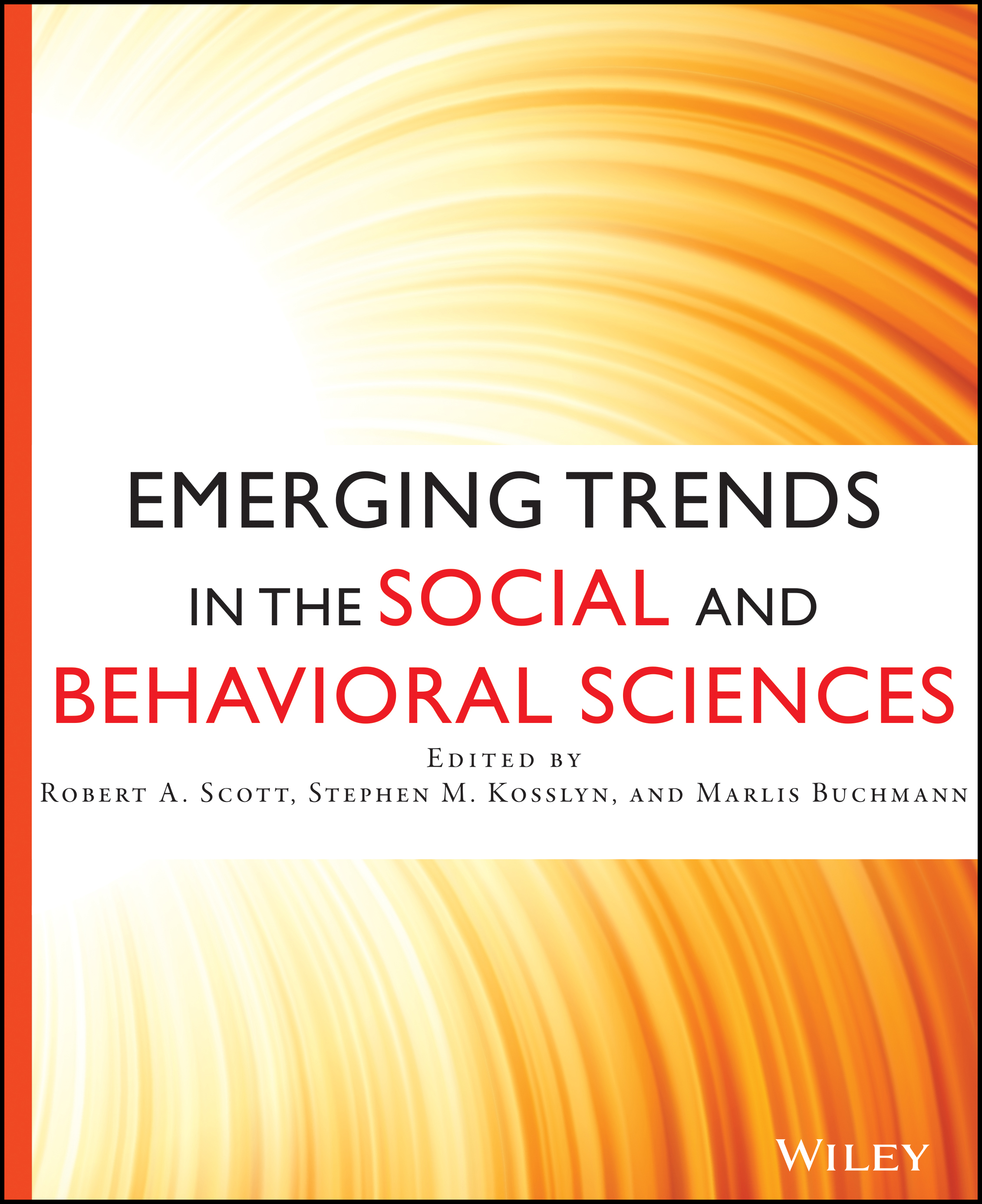Assimilation and Its Discontents
Abstract
This essay offers a review of the scholarly literature on immigrant assimilation, looking at how classical assimilation theories explain the processes and outcomes of assimilation among contemporary immigrants and their offspring and how alternative theories are developed to address assimilation's discontents. The essay first revisits the commonly held assumptions underlying classical theories of assimilation and investigates why even normative pathways can lead to divergent assimilation outcomes. It then discusses new theoretical development in this area, highlighting the central ideas and conceptualization of the segmented assimilation theory and the neoclassical assimilation theory. The author emphasizes how multilevel determinants interact to produce unconventional pathways that have profound implication for success or failure of assimilation. She also suggests that researchers problematize the notions of “success” or “failure,” paying special attention to how immigrants and their offspring, rather than social scientists themselves, imagine and frame these notions because subjective conceptualization can influence strategies that result in vastly different pathways and outcomes. The essay concludes with a discussion on issues for future research.



